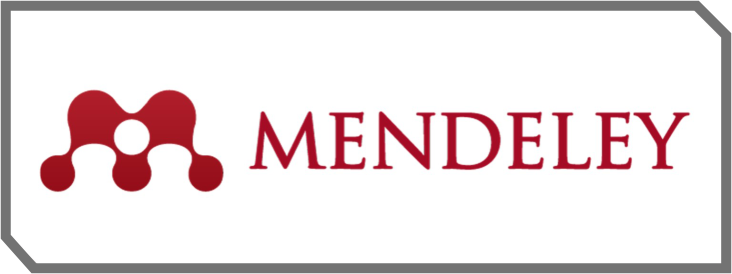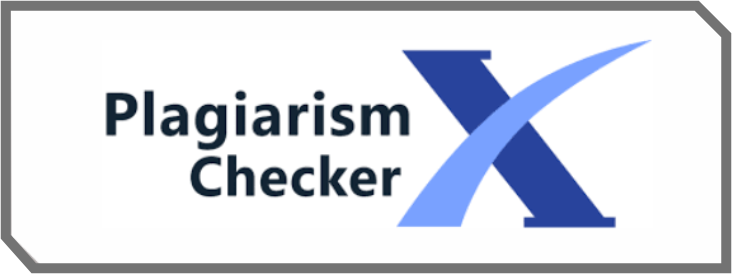Optimizing English for Mechanical Engineering through Problem-Based Learning for Students of Mechanical Maintenance and Repair Engineering Study Program Fakfak State Polytechnic
Optimalisasi Pembelajaran Bahasa Inggris 2 (English for Mechanical Engineering) untuk Mahasiswa Program Studi Teknik Perawatan dan Perbaikan Mesin Politeknik Negeri Fakfak
DOI:
https://doi.org/10.60000/jipkam.v3i2.26Keywords:
Problem-Based Learning, English for Mechanical Engineering, Technical Vocabulary AcquisitionAbstract
This research aims to enhance students' English technical competence by implementing Problem-Based Learning (PBL) for the English for Mechanical Engineering course at Politeknik Negeri Fakfak. However, the setting of this research is rooted in students' difficulties in understanding technical terms and applying English in engineering work environments. Implementing a participatory action research model with descriptive qualitative approaches, the research was conducted among 50 students of two classes. Data were collected through questionnaires, observations, and interviews. The findings showed that 88% of students perceived the learning material as highly relevant, 84% reported improved mastery over technical vocabulary, and 90% reported greater collaboration and problem-solving skills. Furthermore, the intervention fostered active learning behaviors, peer leadership, and a positive shift towards more favorable attitudes among students towards English as a professional tool. These findings confirm that PBL is a valuable approach to English language learning contextualization in the vocational education context, enhancing the development of both language and soft skills. The research proposes wider implementation of PBL across technical curricula to improve educational outcomes in correspondence with industry requirements.
References
Anthony, E. (2019). Problem-Based Learning: A Source of Learning Opportunities in Undergraduate English for Specific Purposes. International Journal of English Linguistics, 9(4), 1–10. https://doi.org/10.5539/ijel.v9n4p1Academia+1ResearchGate+1.
Chi, D. N. (2022). Benefits of Implementing Project-Based Learning in An English for Business Course. Journal of Education and e-Learning research, 9(1), 1–10. https://www.ejecs.org/index.php/JECS/article/view/1549Journal of Ethnic and Cultural Studies.
Hidayat, F., & Kasmaini. (2022). Students' Perception and Challenges Toward the Implementation of Project-Based Learning in Public Speaking Class. Advances in Social Science, Education and Humanities Research, 654, 20–25. Retrieved from https://www.atlantis-press.com/article/125994292.pdf.
Hmelo-Silver, C. E. (2004). Problem-based learning: What and how do students learn? Educational Psychology Review, 16(3), 235–266. https://doi.org/10.1023/B:EDPR.0000034022.16470.f3
Hsieh, P., & Knight, L. (2008). Problem-Based Learning for Engineering Students: An Evidence-Based Comparative Study. ResearchGate. https://www.researchgate.net/publication/223701233_Problem-Based_Learning_for_Engineering_Students_An_Evidence-Based_Comparative_StudyResearchGate.
Hsu, Chuan Chih. (2024). Let's Do Project-Based Learning in ESP Courses with Engineering Students. Retrieved from https://www.researchgate.net/publication/386573079_Let s_Do_Project-Based_Learning_in_ESP_Courses_with_Engineering_Students.
Kristianti, T., Novianto, F. H. D., & Asad, M. M. (2023). Enhancing Engineering Students' Skills through Project-Based Learning in ESP Class. Jurnal Pendidikan Teknik Sipil, 5(1), 1–13. Retrieved from https://www.academia.edu/106122590/Enhancing_Engineering_Students_skill_through_Project_Based_Learning_in_ESP_Class.
Mariotti, C. (2024). English for Specific Purposes and Problem-Based Learning: Strengths and Opportunities. International Journal of English Linguistics, 14(2), 1–12. https://doi.org/10.5539/ijel.v14n2p1ResearchGate
Mathews-Aydinli, J. (2007). Problem-Based Learning and Adult English Language Learners. Center for Applied Linguistics. Retrieved from https://www.cal.org/adultesl/pdfs/problem-based-learning-and-adult-english-language-learners.pdf.
Porras-Soriano, A., & García-Sánchez, I. M. (2020). Developing Students' Communication in Technical English with Problem-Based Learning. Scipedia. Retrieved from https://www.scipedia.com/public/Porras_soriano_et_al_2020a.
Porras-Soriano, A., & García-Sánchez, I. M. (2020). Developing Students' Communication in Technical English with Problem-Based Learning. Scipedia. https://www.scipedia.com/public/Porras_soriano_et_al_2020a
Shchukin, O., et al. (2021). Possibilities for Engineering Vocabulary Acquisition in ESP Course Through Online Problem-Based Learning. International Journal of Information and Education Technology, 12(2), 170–175. https://www.ijiet.org/vol12/1700-IJIET-4377.pdfIJIE Technology+1IJIE Technology+1.
Shchukin, O., et al. (2021). Possibilities for Engineering Vocabulary Acquisition in ESP Course Through Online Problem-Based Learning. International Journal of Information and Education Technology, 12(2), 170–175. https://www.ijiet.org/vol12/1700-IJIET-4377.pdf
Šliogerienė, J., Darginavičienė, I., Suchanova, J., & Jakučionytė, V. (2025). Problem-based learning in developing students' communicative skills and creativity in teaching English for specific purposes. Creativity Studies, 18(1), 30–42. https://doi.org/10.3846/cs.2025.22343ijspm.vgtu.lt
Tuzlukova, V., & Singh, V. (2018). Twenty-First Century Skills Through Problem-Based Learning: An ESP Perspective. The Journal of Teaching English for Specific and Academic Purposes, 6(3), 413–423. https://www.academia.edu/51197872/Twenty_First_Century_Skills_Through_Problem_Based_Learning_An_Esp_PerspectiveAcademia.
Tuzlukova, V., & Singh, V. (2018). Twenty-First Century Skills Through Problem-Based Learning: An ESP Perspective. The Journal of Teaching English for Specific and Academic Purposes, 6(3), 413–423. https://www.academia.edu/51197872/Twenty_First_Century_Skills_Through_Problem_Based_Learning_An_Esp_Perspective
Widodo, H. P. (2016). Teaching English for Specific Purposes (ESP): An overview. In H. P. Widodo (Ed.), English for Specific Purposes in Higher Education Contexts: Teaching, Learning, and Assessment (pp. 1–10). Springer. https://doi.org/10.1007/978-3-319-32850-2_1.
Downloads
Published
How to Cite
Issue
Section
License
Copyright (c) 2025 Jurnal Inovasi dan Pengabdian Kaa Mieera

This work is licensed under a Creative Commons Attribution-ShareAlike 4.0 International License.










